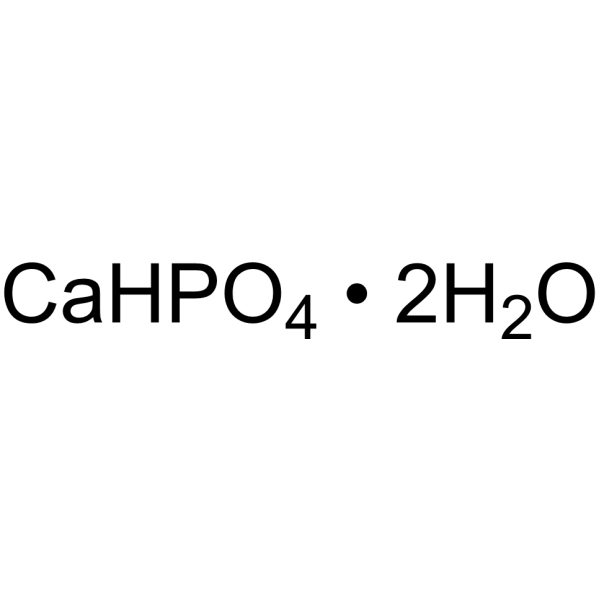| 结构式 | 名称/CAS号 | 全部文献 |
|---|---|---|
 |
calcium,hydrogen phosphate,dihydrate
CAS:14567-92-1 |
|
 |
磷酸氢钙
CAS:7789-77-7 |